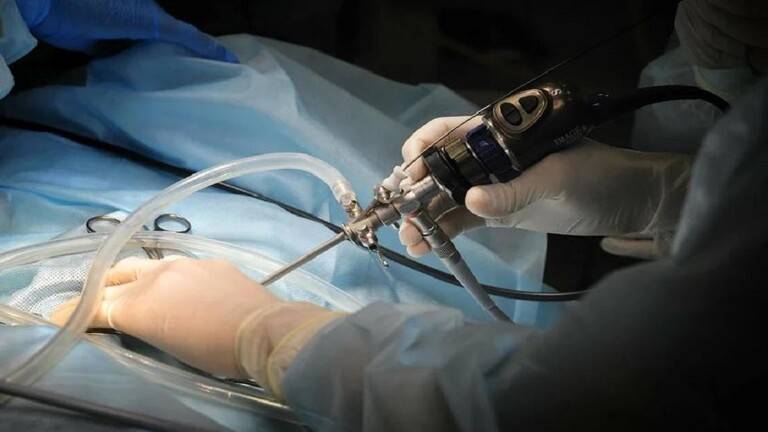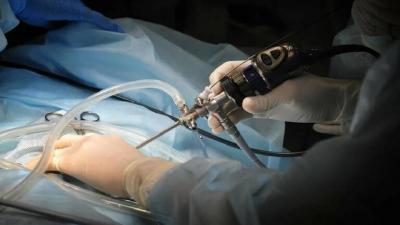Japanese researchers have created a medical endoscope that is thinner and more precise than some intravenous needles, making it possible to examine blood vessels and nerves, according to the Japanese television channel "NHK." The scientists noted that using an endoscope with a diameter of 1.25 mm will reduce pressure on patients when examining knee joints, as the current technology requires surgical intervention under anesthesia. The endoscope developed by the Japanese team can be inserted through a very small hole, for example, through a dropper needle.
Professor Masaya Nakamura from the School of Medicine at Kio University and a participant in the research explained that "the endoscope is very thin and the image quality is good, allowing you to see areas that were previously not visible, such as blood vessels and nerves. I would like to use it in other organs of the human body, not just joints."
To develop the endoscope, scientists utilized properties of special optical fibers that allow image transmission through light refraction, similar to lenses. Researchers believe that these endoscopes can be manufactured from plastic materials, making them inexpensive to produce and safe for patients. They hope to start practical applications of these ultra-thin endoscopes by 2024.




